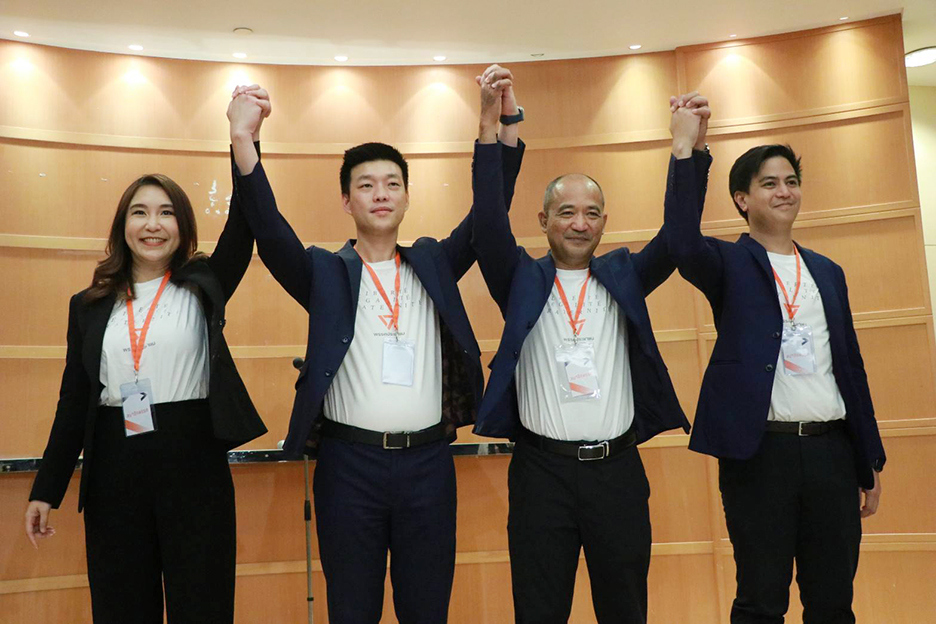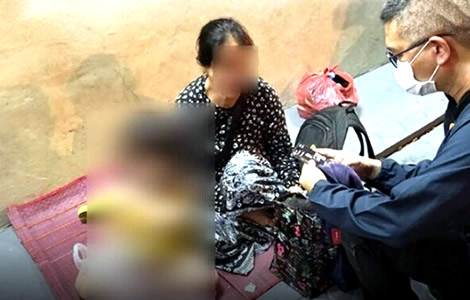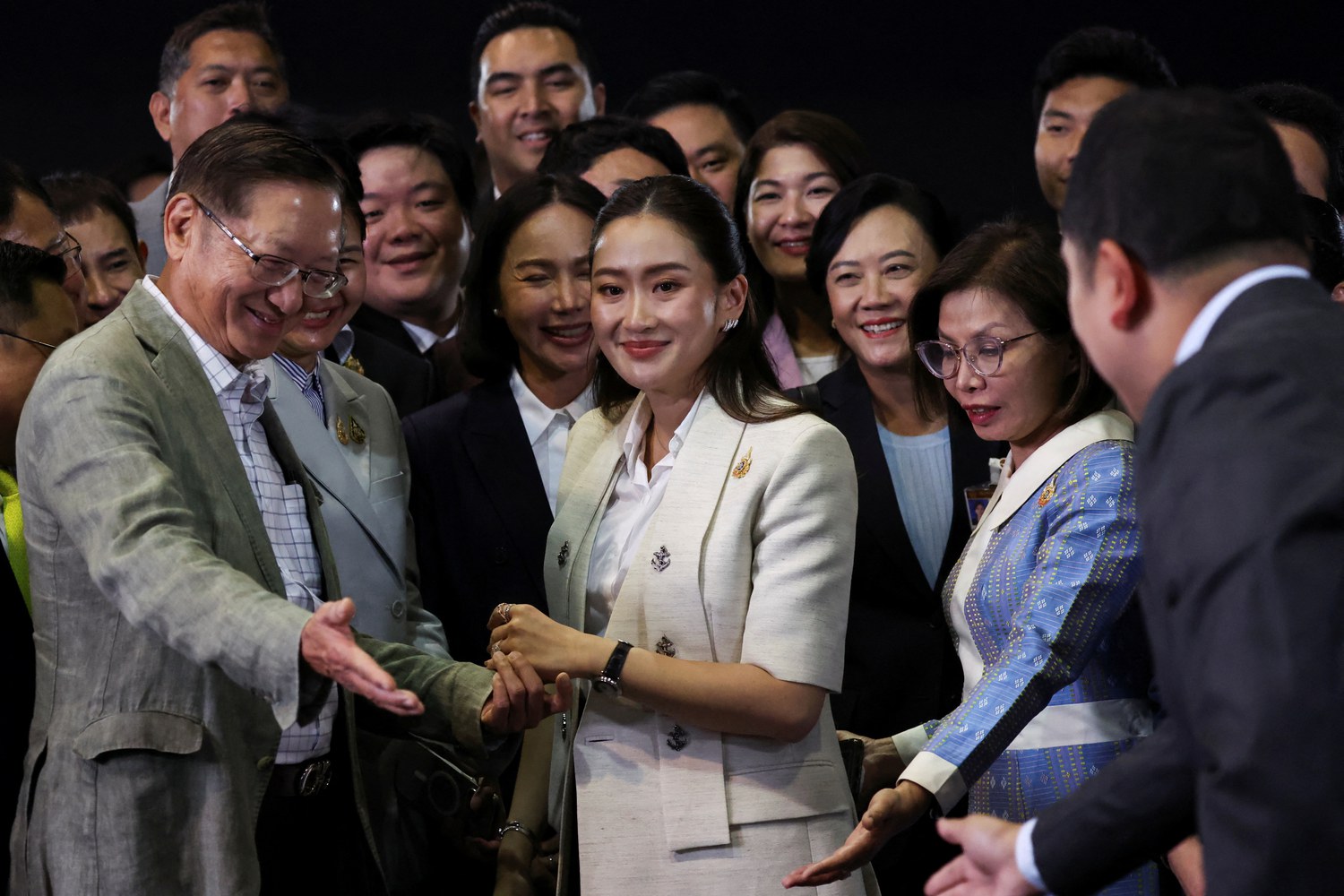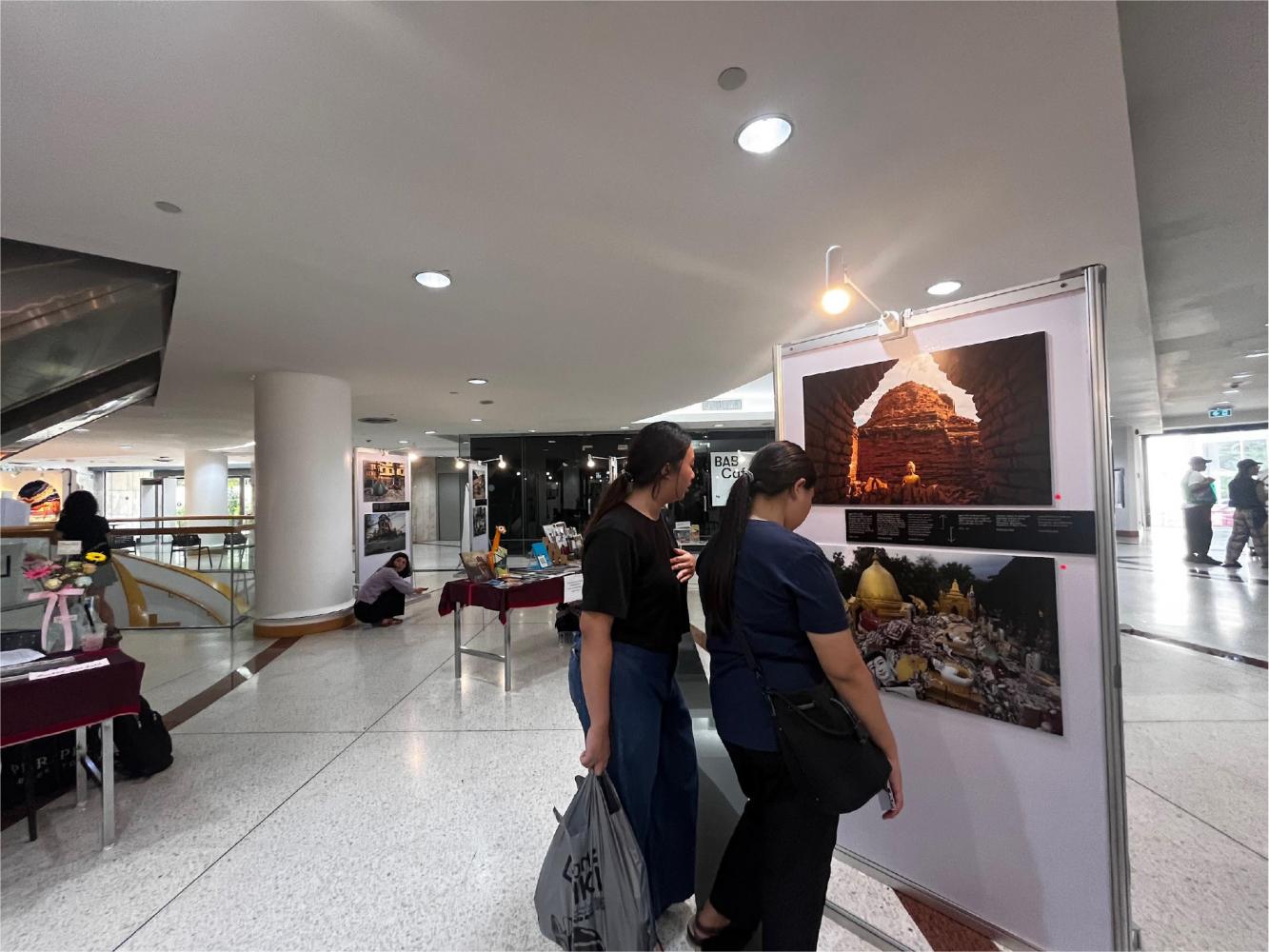Overview of the Political Landscape
The Strained Alliance Between People’s Party and Pheu Thai
The main opposition People’s Party (PP) is increasingly aware that its alliance with the ruling Pheu Thai Party is faltering and may soon break, according to political observers. As the next election approaches in less than two years, both parties are vying for dominance, leading to a war of attrition that the PP has been engaged in for some time.
Recent Electoral Setbacks for the People’s Party
Impact of Provincial Administrative Organization Elections
The PP has been motivated to take Pheu Thai’s electoral threats seriously following a series of defeats in provincial administrative organization (PAO) chairmanship races last year. These elections were initiated after chairmen resigned and sought early re-election, with the next round scheduled for February 1.
Lack of Success in PAO Chief Elections
Despite fielding candidates, the PP has not won a single PAO chief election in any province. Although they avoided significant losses in areas like Udon Thani and saw improved support compared to the 2023 general election, local victories are crucial for boosting morale among members and supporters.
Differences Between General Elections and PAO Contests
Distinct Voting Patterns and Competitiveness
Observers note that general elections and PAO chief contests differ significantly in form and voting patterns. General elections feature multiple parties competing for seats in various constituencies, leading to heightened competitiveness. In contrast, PAO chief polls lack early voting options, making it challenging for those living outside their registered voting locations to participate.
The Role of Local Issues in Campaigns
While the PP has effectively maintained its urban voter base through social media, success in PAO elections relies heavily on candidates addressing local issues that resonate with rural voters. Many voters in these areas are less engaged with social media, which can impact their electoral decisions.
The People’s Party’s Strategy Moving Forward
Need for Increased Support Base
Despite local polls not being a reliable indicator of general election performance, the PP must work to expand its support base as it prepares for future elections. Relying on public discontent with Pheu Thai’s governance will not guarantee votes unless they actively engage with voters’ needs.
Challenges from Pheu Thai’s Populist Policies
Pheu Thai is expected to roll out new populist policies, including a cash handout program, which could further solidify its appeal among voters. Former Prime Minister Thaksin Shinawatra is also re-establishing connections with local political families and red-shirt supporters, enhancing Pheu Thai’s grassroots network.
The People’s Party’s Response to Pheu Thai’s Strength
Assertive Tactics Against Pheu Thai Leadership
As Pheu Thai gains strength in local politics, the PP has intensified its efforts to hold them accountable. Recent statements from Thaksin have prompted immediate responses from the PP, highlighting their determination to challenge the ruling party’s narrative.
Upcoming No-Confidence Motion Against the Government
The PP plans to submit a no-confidence motion against the government during the current parliamentary session. With over 20 issues potentially on the table, including allegations of corruption, this move aims to increase pressure on Prime Minister Paetongtarn Shinawatra and her administration.
Conclusion: Navigating a Complex Political Landscape
Future Implications for Both Parties
As both the People’s Party and Pheu Thai prepare for upcoming elections, the political landscape remains highly competitive. The PP must adapt its strategies to address local concerns while countering Pheu Thai’s growing influence. With tensions escalating and critical elections on the horizon, both parties face significant challenges that will shape Thailand’s political future.









